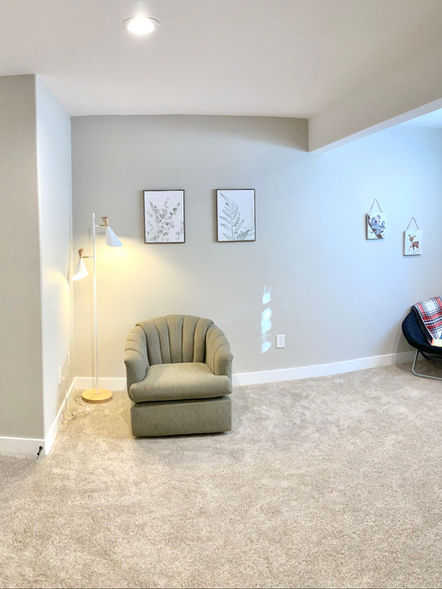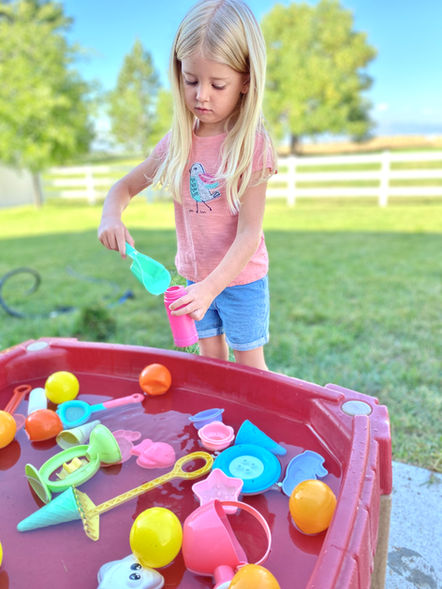
01
Language Delay
Does your child have difficulty following directions, answering questions appropriately, using specific vocabulary, or retelling events out of order without adequate details to understand? Does your child not yet include grammatical forms such as past tense verbs and plurals? We can help provide hope to families by evaluating and treating these deficits that can be receptive (what is understood), expressive (what is said) or a mix of both types of language disorders.
02
Speech Delay
Do you or others not understand what your child is saying? Does your child struggle to get words to come out or repeat them many times in a row? Do longer and more complex words or sentences create more challenges for your child to be understood and create communication breakdowns and frustration? These are examples of speech disorders such as articulation delay or disorder, stuttering and childhood apraxia of speech (CAS). These types of delays and disorders can effectively be treated with therapy to see dramatic improvements.
03
Screenings and Evaluations
A free 30 minute in-person screen can be scheduled as a starting point to determine areas of concern and to gather more information. A full evaluation of speech, language, voice, fluency, pragmatic (social language) and oral motor skills may be recommended and is available by appointment only. Call or email to get scheduled, obtain more information and details about what tests are best for your child as well as pricing.
In some cases, children have already been evaluated, or a simple screen can provide enough information to get started to continue a service that was received elsewhere. It is most common for children to be recommended for therapy once or twice a week for 30-45 minute sessions. This is based on age and severity and diagnosis. Consistency is key and practice at home should be a priority. This is made easier by clinician provided homework pages or practice ideas as well as direct instruction of how to elicit or improve the child’s production of target sounds if, for example, your child has an articulation delay.
The Space
Unique Learning Environment
Services are provided in a home setting, which affords the opportunity for a more naturalistic, inviting, calming, and less intimidating environment for your child.
Younger children will play and learn on the floor of the family room, outside in the backyard with a sensory table, sand box, slide, garden, or other activities, or in the specifically designed playroom in the basement. Older children participate in therapy at the dining room table or while playing activities involving movement throughout the space or in the outdoor learning area as well.








